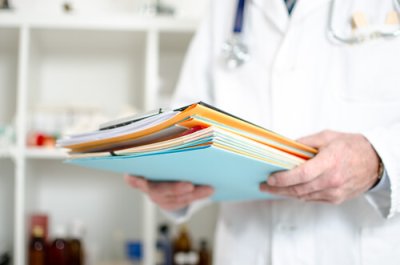
It has recently been revealed that thousands of patients data sent between GP’s and hospitals have remained undelivered.
According to the BBC, the company NHS Shared Business Services (SBS) were employed in the East Midlands, South West and North-East London to redirect mail for the NHS. The SBS‘s role was to appropriately forward any documents that had either been incorrectly addressed or needed re-routing because a patient had moved to a new GP surgery.
However, 709,000 pieces of correspondence became piled up in a NHS SBS warehouse in between the years 2011 and 2016.
The undelivered correspondence included the results of blood and urine tests, and of biopsies and screening tests for diseases including cancer.
Now NHS England have paid £2.5 million to 7330 GPs, in order to compensate for their time spent reviewing and assessing the correspondence relating to their patients. So far NHS England classified 2,508 items as high priority. GPs have assessed 2,159 of those as having ‘no patient harm’ and are still examining the remaining items, with 229 classified as ‘potential harm’.
Further to this a clinical review of patients who have died since the loss of documents was discovered in March 2016 has been undertaken, in order to examine whether delays in the correspondence reaching GPs played any part in any patient’s death.
Richard Vautrey, chair of the BMA’s GPs committee and a family doctor in Yorkshire has commented on the effects error and has stated:
“Undoubtedly, there will be cases where patients have been seen by their home GP without [the GP having] the information from previous consultations or tests being their file – so they may not know whether antibiotics have been prescribed to a patient or whether tests and investigations have been done. That might mean repeat prescriptions, which would be unnecessary, as they have been taken before. And it might mean delay in diagnosis. If that happened it’s at best an inconvenience to the patient, and at worst there’s a risk of patient harm
If you have experienced a delay in diagnosis or have a Clinical Negligence enquiry, please do not hesitate to contact us for a free no obligation initial consultation.
Radha Patel